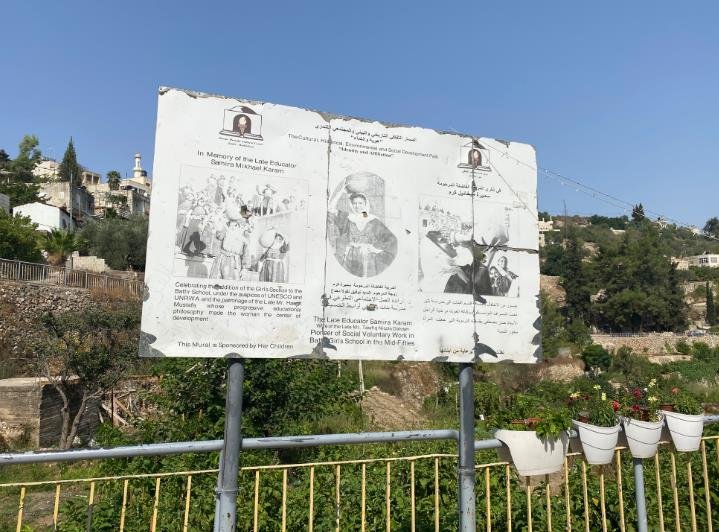In a controversial move, Israel has accelerated the construction of a new settlement in the occupied West Bank, specifically within the UNESCO-listed Battir area near Bethlehem. This decision has sparked international criticism and concerns over the preservation of cultural heritage. The new settlement, named Nahal Heletz, covers approximately 150 acres and is part of a broader strategy to expand Israeli presence in the region. The move is seen as a significant step in Israel’s ongoing efforts to establish facts on the ground, complicating the prospects for a two-state solution.
The acceleration of settlement construction in the West Bank has been a contentious issue for years. The new Nahal Heletz settlement is located within the Battir UNESCO World Heritage Site, known for its ancient agricultural terraces and sophisticated irrigation systems. This area, recognized for its cultural and historical significance, is now at risk due to the expansion of Israeli settlements. The decision to build in this location has drawn sharp criticism from international bodies and human rights organizations.

The Israeli government, led by far-right politicians, has justified the settlement expansion as a national mission to connect Gush Etzion to Jerusalem. This strategic move aims to create a contiguous Israeli presence, further fragmenting Palestinian territories. The expansion is seen as a direct challenge to international law, which considers all Israeli settlements in the occupied West Bank illegal. Despite this, the Israeli government continues to push forward with its plans, citing security and historical claims.
The impact of these settlements on the local Palestinian population is profound. The expansion restricts access to agricultural lands, disrupts daily life, and exacerbates tensions in the region. The international community has repeatedly called for a halt to settlement activities, but these appeals have largely been ignored. The situation remains a significant obstacle to peace and stability in the region.
Cultural Heritage at Risk
The Battir area, designated as a UNESCO World Heritage Site in 2014, is renowned for its characteristic stone terraces and ancient irrigation systems. These features are a testament to thousands of years of human activity and ingenuity. The new settlement poses an imminent threat to this cultural heritage, potentially leading to irreversible damage. UNESCO and other cultural organizations have expressed deep concern over the potential loss of this invaluable heritage.
The decision to build within a UNESCO-listed area highlights the ongoing conflict between development and preservation. While the Israeli government argues that the expansion is necessary for security and national interests, critics argue that it undermines efforts to protect and preserve cultural heritage. The international community has a vested interest in ensuring that such sites are protected for future generations.
Efforts to mitigate the impact of the settlement on the Battir area have been limited. Preservationists and local activists continue to advocate for the protection of the site, but their efforts face significant challenges. The expansion of settlements in culturally significant areas sets a dangerous precedent, raising questions about the balance between development and heritage preservation.
International Response and Future Implications
The international response to Israel’s settlement expansion has been one of condemnation and concern. The United Nations, European Union, and various human rights organizations have called for an immediate halt to the construction. They argue that the settlements violate international law and undermine the prospects for a peaceful resolution to the Israeli-Palestinian conflict. The expansion is seen as a deliberate attempt to create facts on the ground, making the establishment of a viable Palestinian state increasingly difficult.
The future implications of this settlement expansion are significant. The continued growth of Israeli settlements in the West Bank complicates efforts to achieve a two-state solution. It also exacerbates tensions between Israelis and Palestinians, leading to increased violence and instability. The international community faces the challenge of addressing these developments while supporting efforts for peace and reconciliation.
The situation in the West Bank remains a critical issue for regional and global stability. The expansion of settlements in UNESCO-listed areas adds another layer of complexity to an already volatile situation. The international community must continue to advocate for the protection of cultural heritage and the pursuit of a just and lasting peace in the region.
